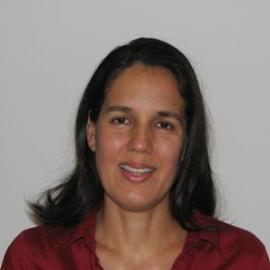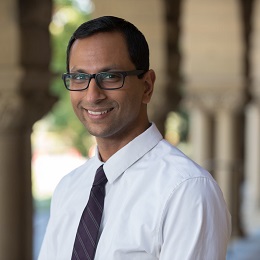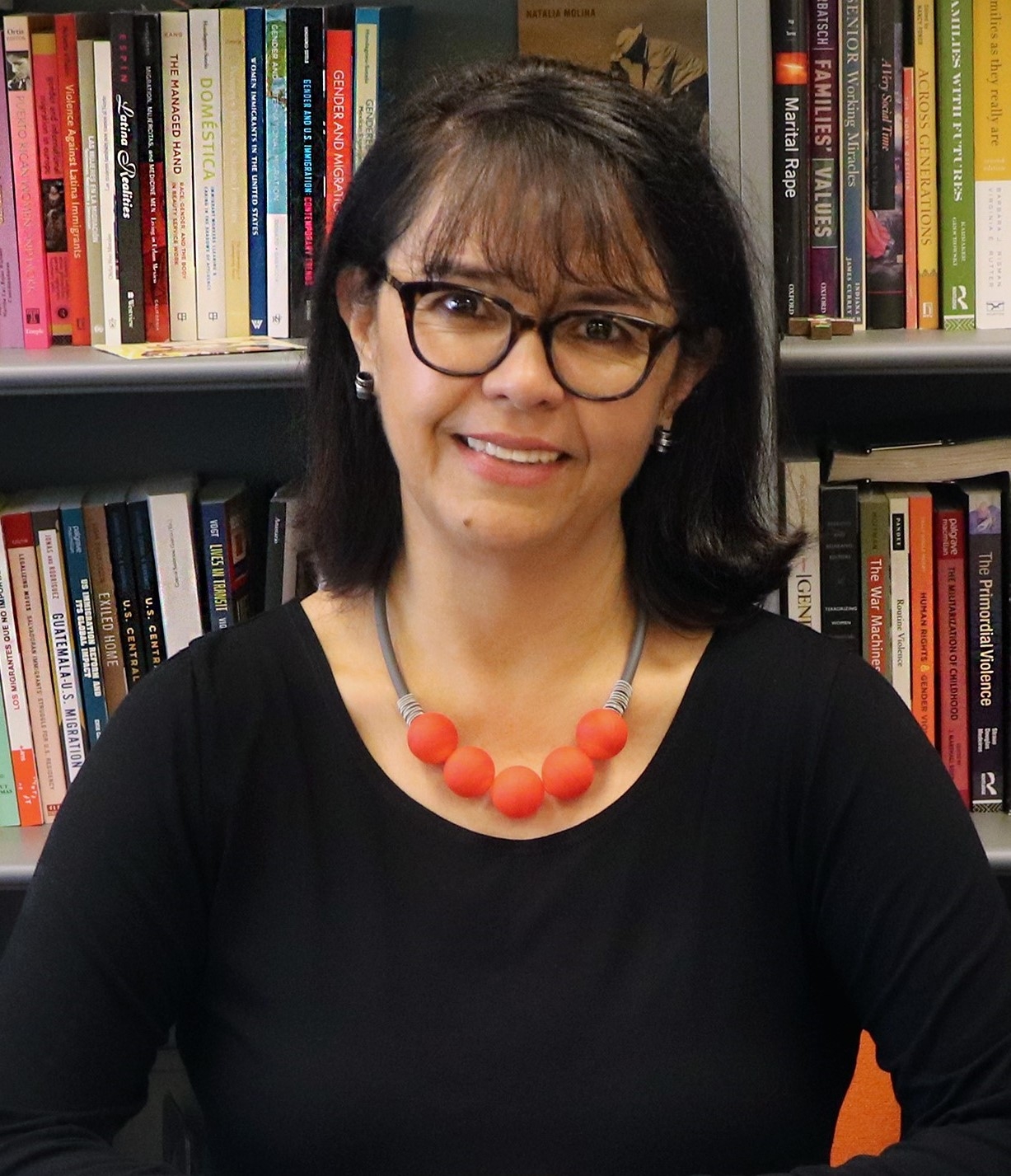Book Talk: The Voucher Promise, Eva Rosen
The Voucher Promise examines the Housing Choice Voucher Program, colloquially known as “Section 8,” and how it shapes the lives of families living in a Baltimore neighborhood called Park Heights. Eva Rosen tells stories about the daily lives of homeowners, voucher holders, renters who receive no housing assistance, and the landlords who provide housing. While […]












